Coronavirus and the Environment
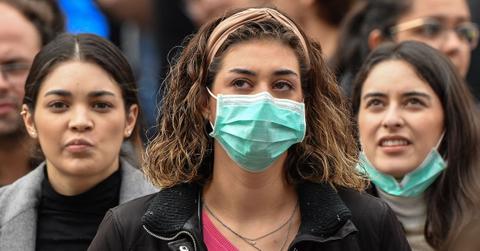
The novel coronavirus, or COVID-19, forced regions all over the world to go into lockdown in 2020, which had an enormous impact on the environment, in a variety of ways. The coronavirus lockdowns had a surprising impact on the environment — but these changes are not permanent or sustainable.
Read on for a breakdown of the relationship between the coronavirus outbreak and the environment.
How has the coronavirus affected the environment?
Since early 2020, the entire world has been affected by the coronavirus, with cities, states, and entire countries being put on lockdown. That means non-essential businesses temporarily closed, fewer airplanes were in the sky (though not as few as there should be), and far fewer cars weree on the roads — which means humanity’s reliance on fossil fuels for power temporarily — but significantly — went down.
Due to all this, scientists measured air pollution clearing up in many areas — primarily, reductions in atmospheric nitrogen dioxide (NO2), which is a gaseous air pollutant that forms when humans burn fossil fuels.
Coronavirus has improved air quality in China.
The virus is believed to have originated in Wuhan, China, and lockdowns began in the city on Jan. 23. In early March 2020, the NASA Earth Observatory shared a report showing how the concentrations of NO2 in China’s atmosphere went down. In fact, the NO2 concentration is nearly invisible on the map representing Feb. 10 through Feb. 25, 2020, which is when Wuhan was under lockdown.
First, scientists observed NO2 levels decreasing near Wuhan, but then saw the reduction spread across the rest of the country.
COVID-19 has impacted the environment and air quality in many cities.
As the virus continued to spread around the world, it continued to impact air quality in many other locations. For example, the Copernicus Sentinel-5P satellite detected declining NO2 emissions in northern Italy's atmosphere in mid-March 2020. Northern Italy is home to Milan, which was the viral hotspot to follow Wuhan.
In India, concentrations of fine particulate matter, aka PM2.5, one of the planet’s smallest and most dangerous air pollutants, dropped by 71 percent over the course of just one week during lockdowns; NO2 levels also went down across the country. These changes led to various residents across India noticing cleaner air; not to mention, many people with breathing issues reported finding it easier to breathe. Additionally, the air became clear enough for Punjab residents to see the Himalayan mountains for the first time in decades, from more than 100 miles away.
Air quality also temporarily improved across the U.S., with major cities including New York City, Los Angeles, Chicago, Seattle, and Atlanta observing major dips in atmospheric carbon monoxide (CO) and NO2.
How did COVID-19 lockdowns affect climate change?
Not only has burning less fossil fuels caused atmospheric pollutant levels to go down around the world, but it also means less greenhouse gases are being emitted into the atmosphere. That means the atmosphere will trap less heat, reducing our contribution to global warming, a major part of the climate crisis.
Coronavirus is impacting wildlife.
With less people in the way, many wild animals enjoyed free rein of various areas. For example, bears, bobcats, and coyotes were seen roaming areas typically filled with humans in Yosemite National Park; lions in South Africa’s Kruger National Park were spotted relaxing on roads that are usually busy with cars; and endangered sea turtles hatched on empty beaches in Brazil — to name a few.
Is the environment "healing" due to the coronavirus?
During the coronavirus lockdowns, there were been so many cases like the above ones that they actually inspired memes, typically riffing on the phrases “nature is healing” and “we are the virus.” So sure, some parts of the environment were temporarily healing — but only in the short term.
COVID-19 caused people to litter more.
Even though less people are out and about on the streets, the streets are somehow still filled with litter. That’s because our use of disposable personal protective equipment (PPE) — namely surgical masks and plastic gloves — increased, and therefore so did instances of finding these items littered on the ground.
There’s never an excuse for littering, even — especially — in the middle of a pandemic. Litter can harm wildlife, spread diseases, create additional work for municipal workers, and more.
Coronavirus challenges zero-waste living.
Living in COVID-19 quarantine certainly caused zero-wasters to sacrifice some of their values — for example, many zero-wasters have had to purchase more products packaged in plastic than they normally would, as well as single-use PPE. Staying safe during the pandemic is certainly more important than preventing some trash from going to the landfill, and there are so many lessons we can learn in terms of low-impact living during the quarantines.
COVID-19’s impacts on the climate are not permanent.
While it’s tempting to regard these changes to air quality and wildlife as positive things, epidemiologist and McGill University associate professor Jill Baumgartner is hesitant to do so.
“This really shouldn’t be seen as a silver lining,” Baumgartner told The New York Times in 2020. “It’s not a sustainable way to reduce air pollution, and the long-term economic and well-being impacts of this crisis are going to be devastating for many people.”
As lockdowns and quarantines liftedand “real life” resumed, humanity has gone back to burning fossil fuels at the same rates we were before the virus, leading to air pollution rates going way back up. But in the years since COVID-19 began, climate activism has only grown — perhaps the pandemic made more people aware of how quickly the Earth can respond to human activity.
Latest Coronavirus and the Environment News and Updates
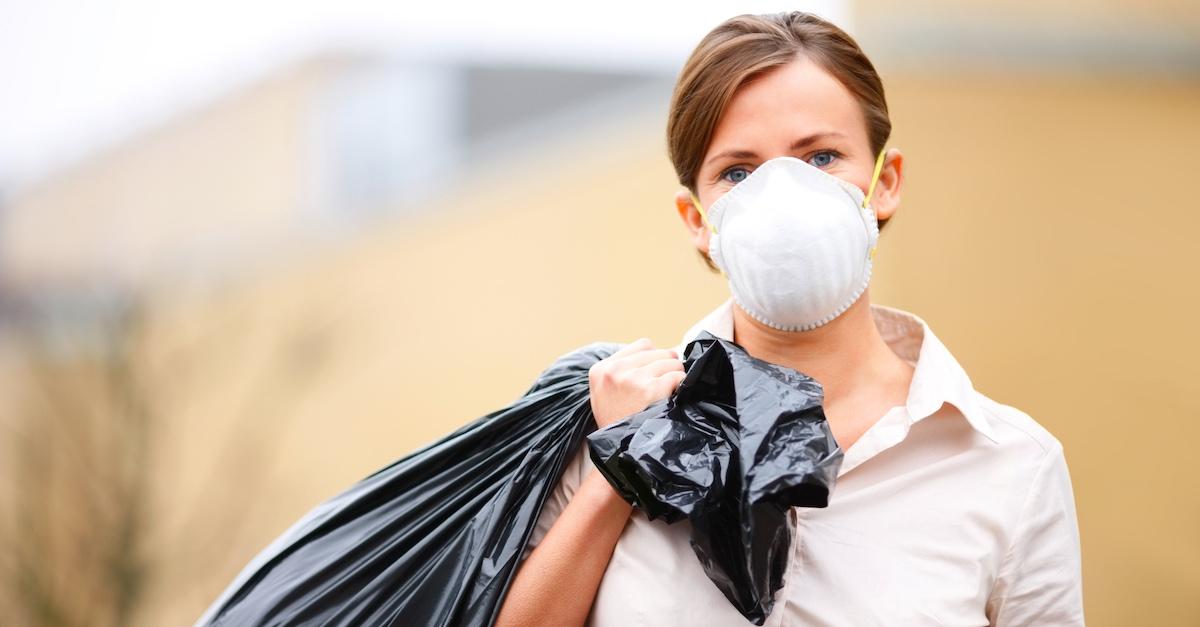
Before You Toss Your Mask, Here's How to Properly Dispose of PPE
Are face masks recyclable? During the pandemic, you've likely stocked up on copious amounts of PPE — so properly disposing of them is crucial.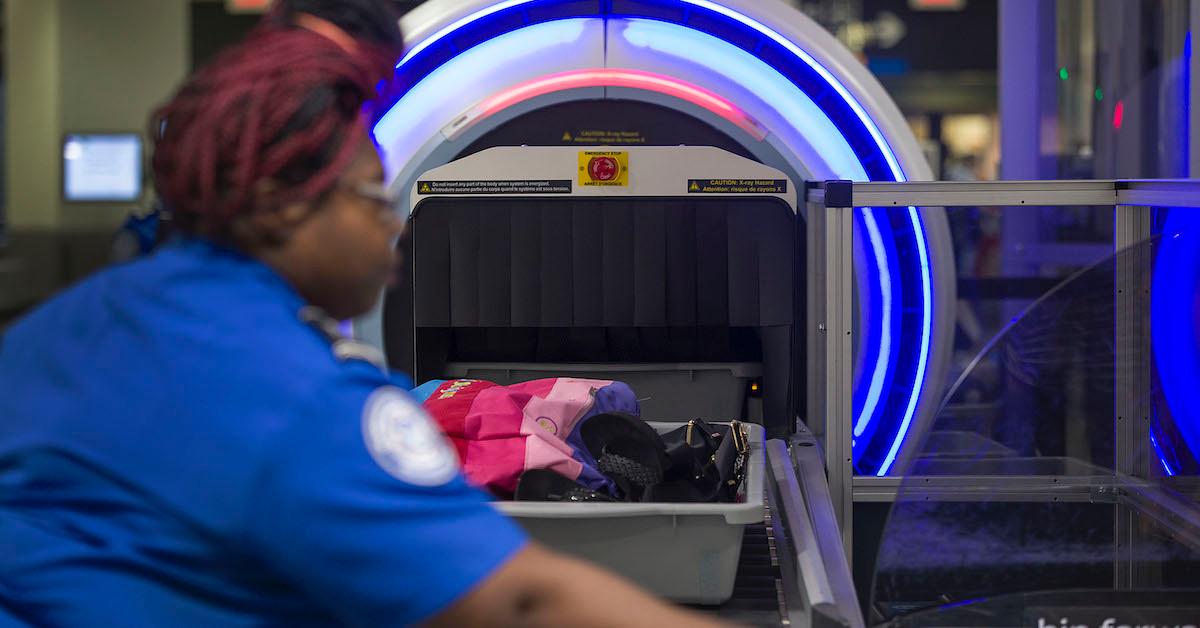
Smuggled Bushmeat Could Lead To More Disease Outbreaks, Experts Say
Over 100 pounds of bushmeat were being smuggled at Minneapolis-St. Paul Airport, which experts believe could lead to more disease outbreaks.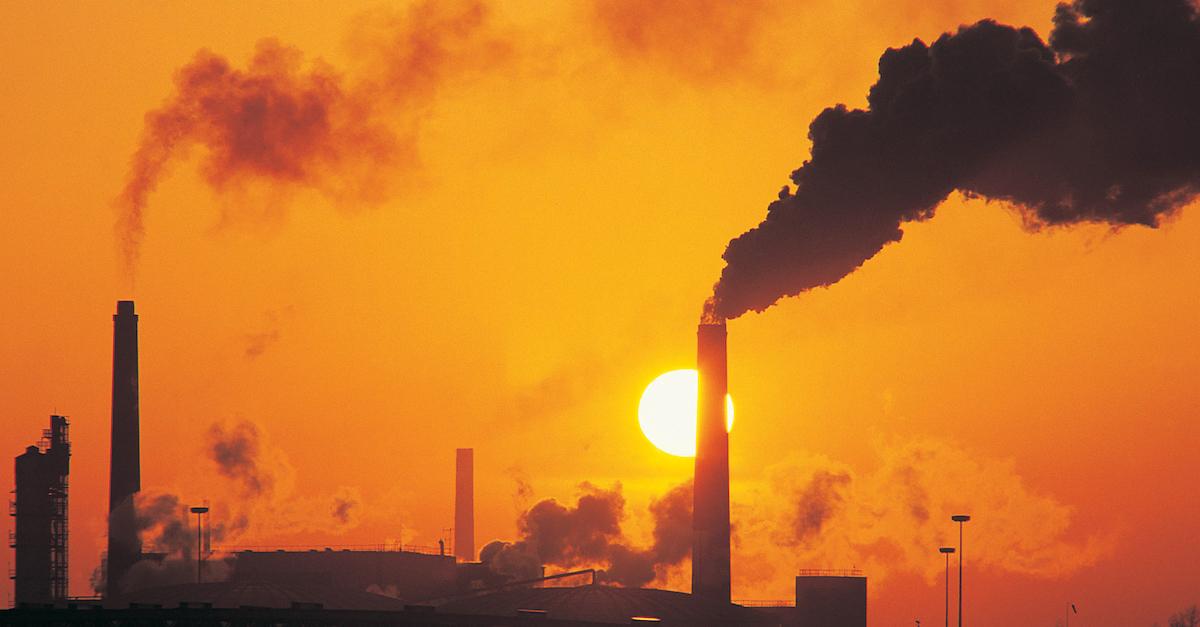
How Has COVID Impacted the Environment? Recovery Has Taken a Huge Toll on Planet Earth
Not only has COVID relief been incredibly expensive, but it's also taken a massive toll on the environment.
These Musicians Are Providing Eco-Friendly Alternatives to Unsustainable Band Tees
If you're looking to support your favorite artists in a sustainable manner, a number of climate-conscious bands have released sustainable band merch.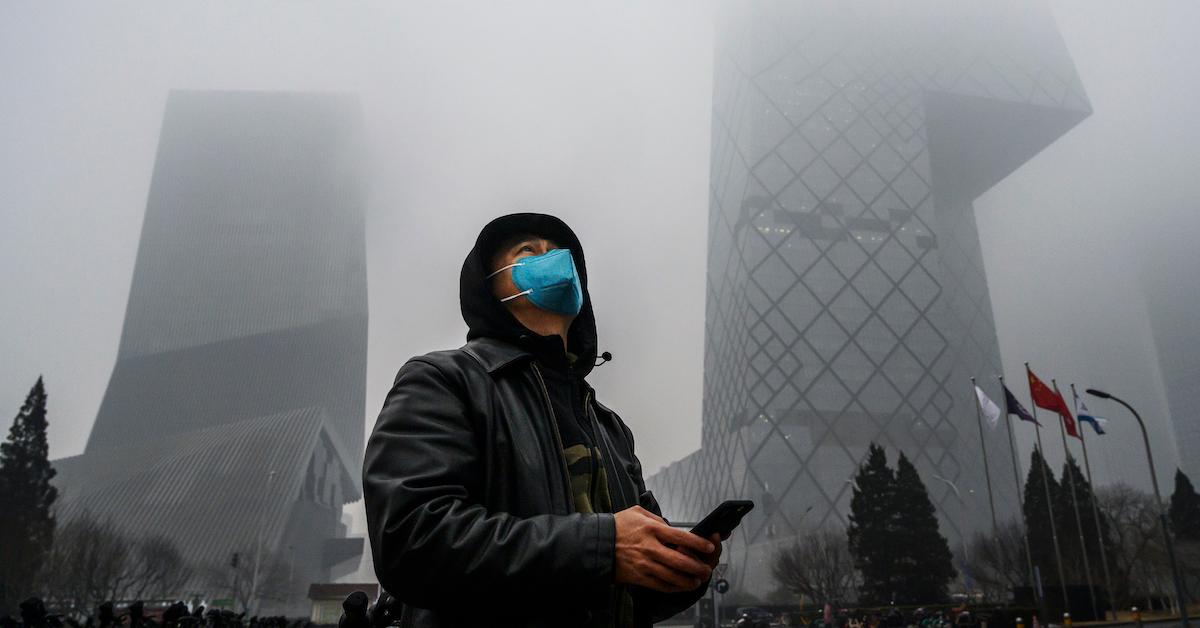
A Year After “Nature Is Healing” Memes, the Links Between COVID and Climate Change Are Clearer Than Ever
There are endless connections between the coronavirus and climate change — namely, humans had the power to start these crises, and they certainly have the power to stop them.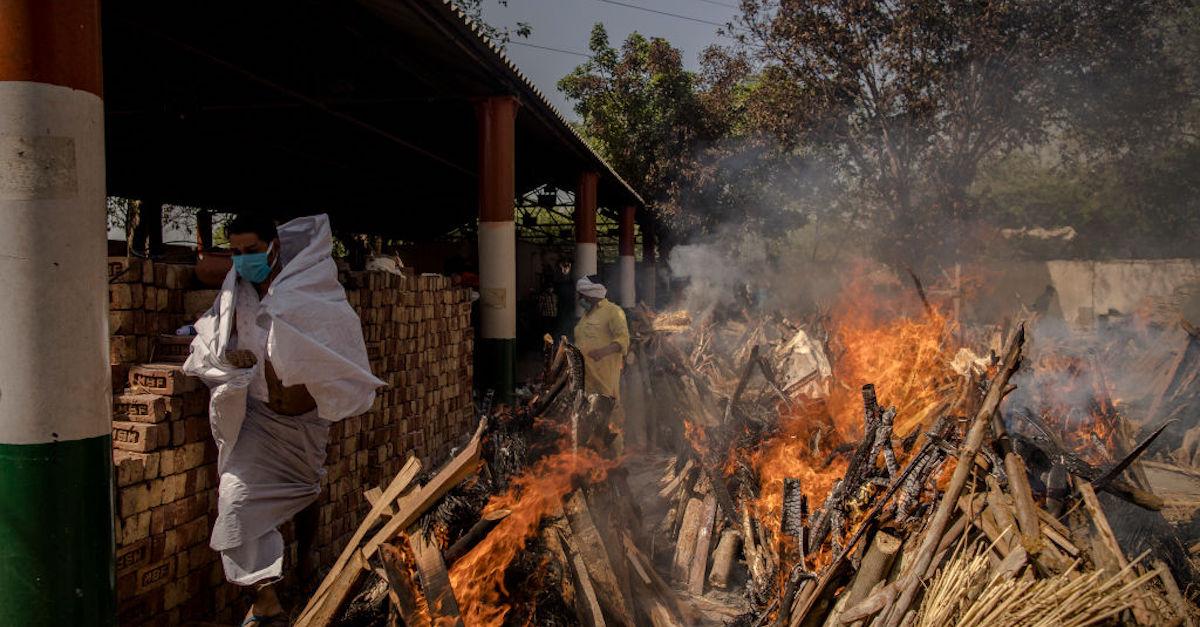
Here's How You Can Help India During the Ongoing COVID Crisis
How can I help India amid the COVID crisis? The South Asian country is currently facing record-breaking deaths from the ongoing pandemic.
Mother Passes Antibodies to Newborn After Receiving First Moderna Dose
A baby was born with COVID-19 antibodies after mother received first dose of the Moderna vaccine — so, can vaccines be passed through birth?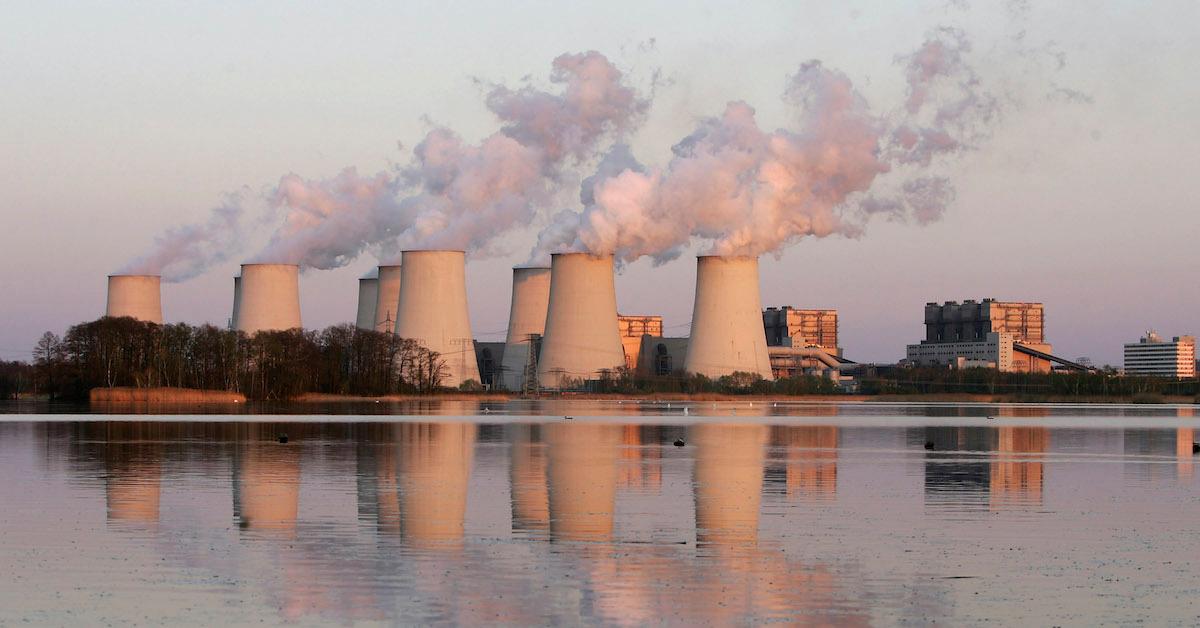
Coronavirus Caused Global Emissions to Plummet — Then Sharply Rise
Even though we produced 6 percent less emissions in 2020 than we did in 2019, by the end of 2020, emissions were even higher than they were before the pandemic.
Pandemic Fatigue: What It Is, Risks, How to Cure It, and More
What is pandemic fatigue? With almost a year of quarantine under our belts, many are experiencing sluggishness, lack of motivation, and more.
How Doctors and Hospitals Actually Clean Reusable Patient Supplies
Many patients assume that reusable patient supplies are completely sterilized before they get used, but how thoroughly are they being cleaned these days?
The Best Sustainable Face Masks by Slow Fashion Brands
A sustainable cloth face masks can be worn over and over again — here are 10 slow fashion brands making eco-friendly cloth face masks.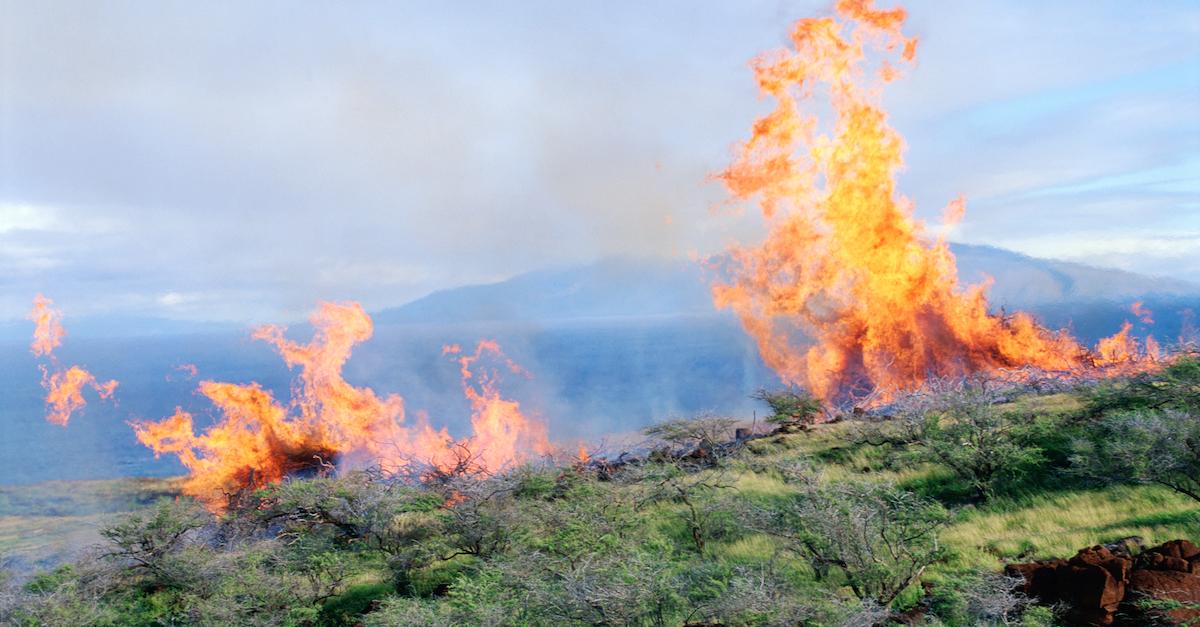
COVID-19 Is Slowing Climate Progress, Report Finds
The COVID-19 pandemic is taking a massive toll on our global economy, which could ultimately delay our efforts to fight and curb the climate crisis.
Here's How a Llama Named Cormac May Help Curb the Coronavirus Pandemic
How are llamas helping cure the coronavirus? Apparently, llamas can produce nanobodies that are more effective than any human-borne antibodies.
An Indian Designer Is Upcycling Leftover PPE Fabric Into Hospital Mattresses
Indian designer Lakshmi Menon collected leftover fabric scraps from those making masks, gowns, and other PPE, and used the fabric to make much-needed mattresses for hospitals treating COVID-19 patients.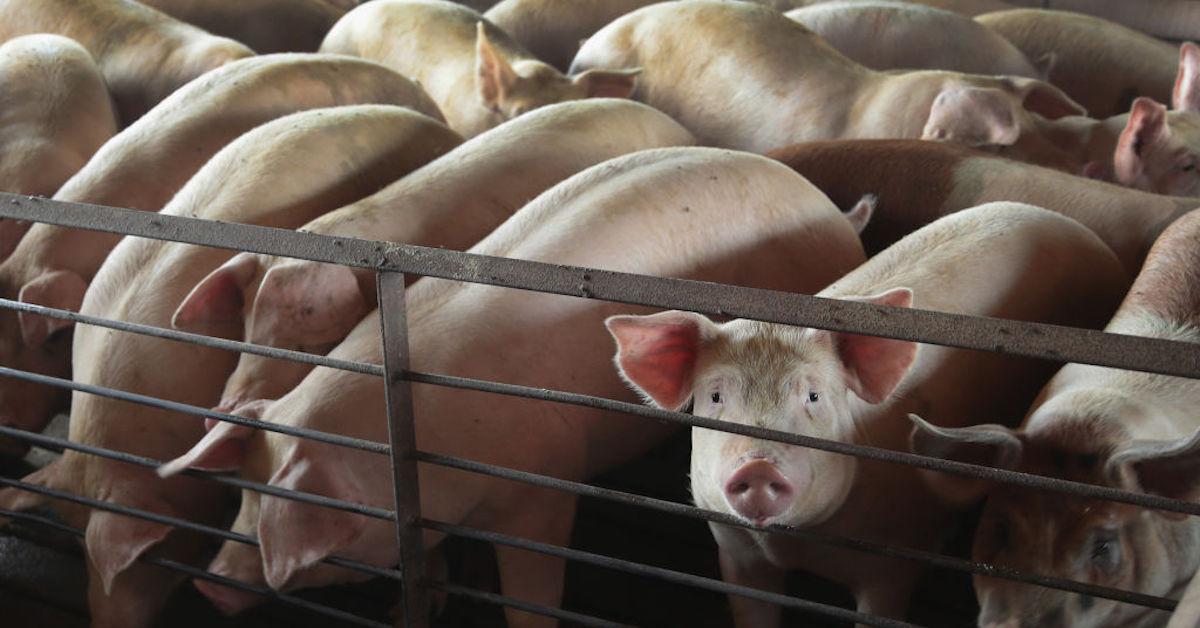
Environmentalists Outraged at Smithfield’s Proposal to Combat Pollution With Pipeline
Who owns Smithfield Foods? The North Carolina-based company has faced tremendous controversy this year, especially involving the ongoing pandemic.
How to Be an Environmental “Helper” — From the Comfort of Your Own Home
You can help the planet — even from the comfort of your own home.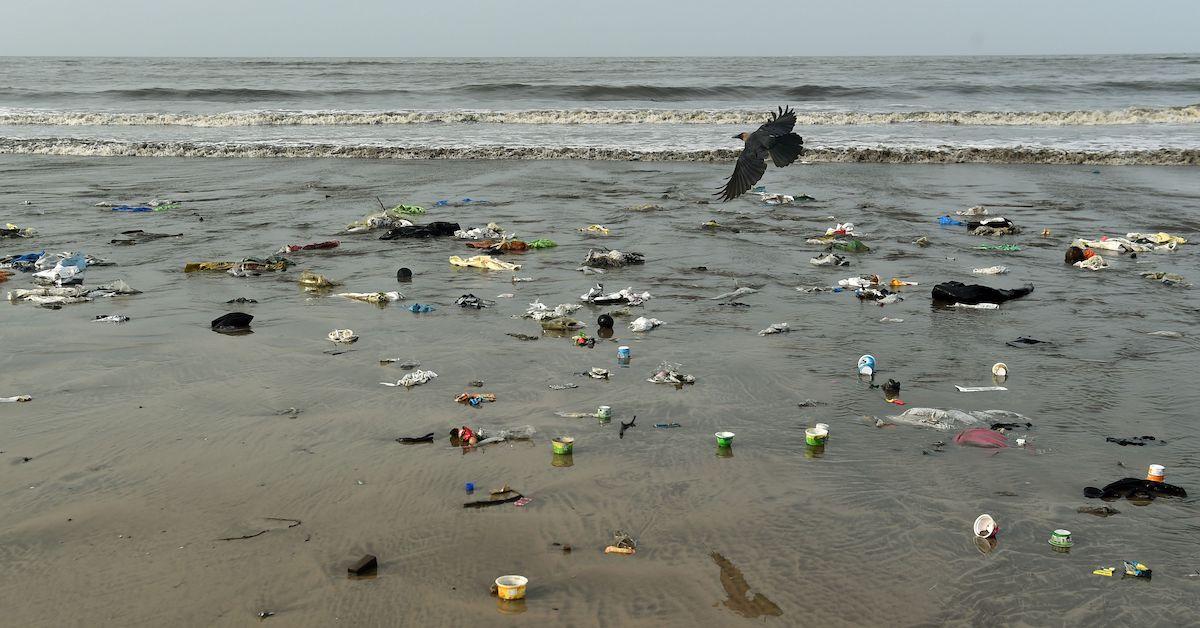
Beachgoers Left Major Litter on Hamptons Beaches Throughout MDW Reopening
Various Hamptons beaches were strewn with litter during Memorial Day weekend, prompting local authorities to close beaches once again.
Mouthwash May Prevent COVID-19 — Here Are Our Favorite Sustainable Varieties
A recent study showed that mouthwash may help prevent the spread of the novel coronavirus, so here are our favorite sustainable mouthwashes.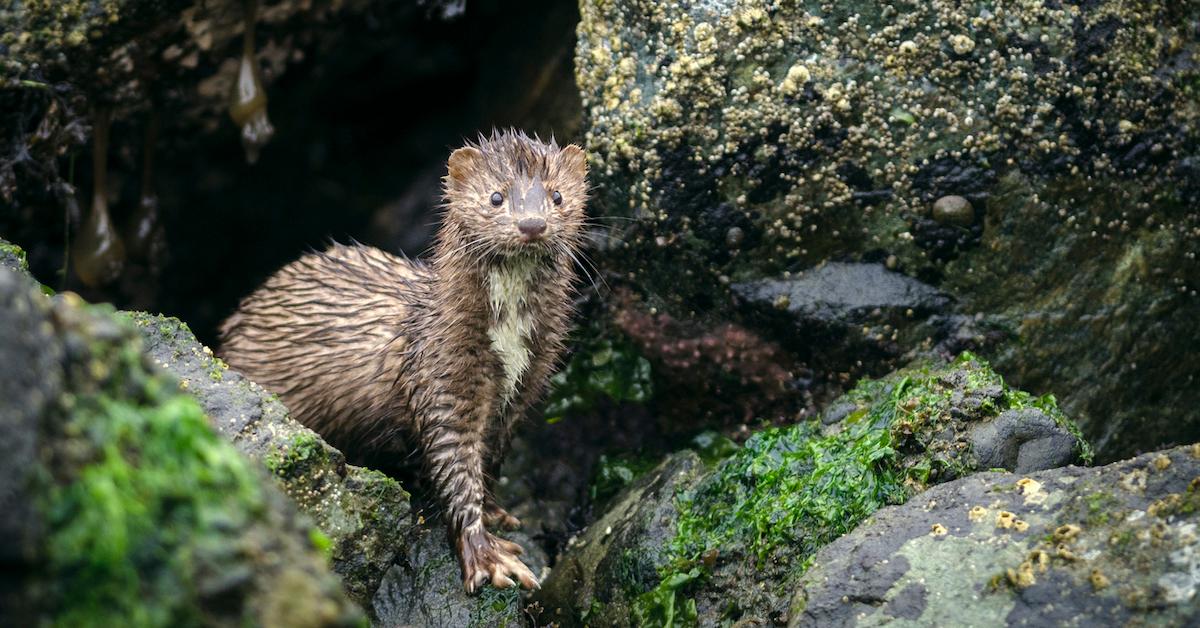
Denmark Sentences All 17 Million Mink to Death Due to Coronavirus Mutation
Denmark’s government is mandating the nationwide slaughter of all 17 million mink currently living on fur farms in response to the coronavirus.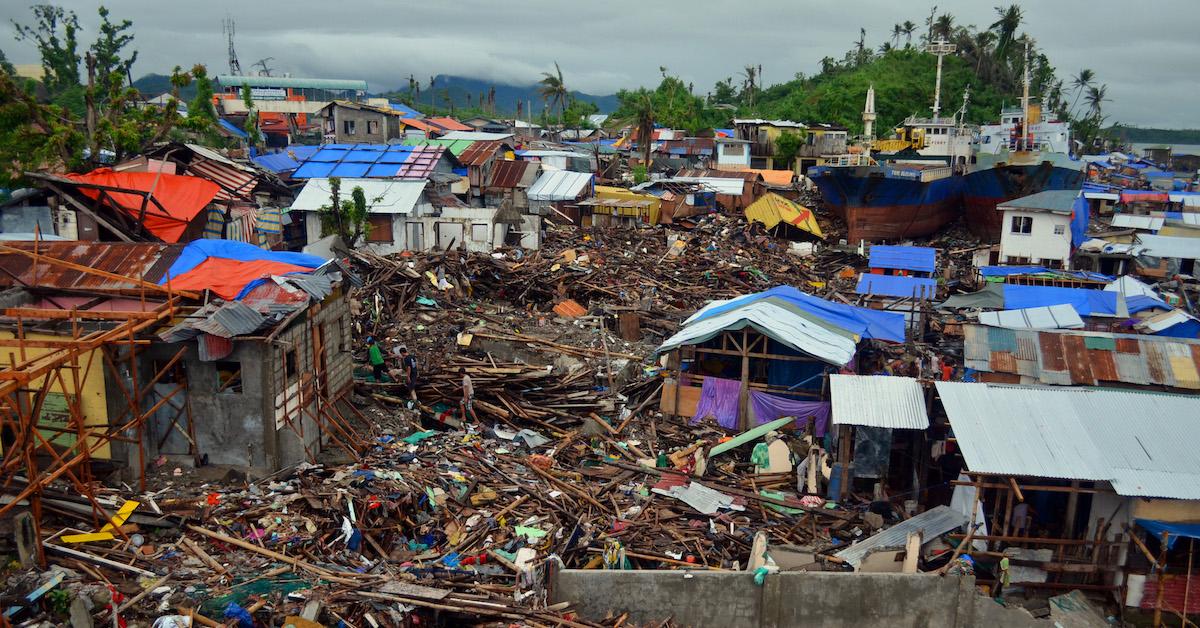
The COVID-19 Pandemic Affected the Philippines' Ability to Prepare for Typhoon Goni
One of the strongest storms on record, Typhoon Goni, tore through the Philippines on Nov. 1, 2020, resulting in at least 16 fatalities nationwide.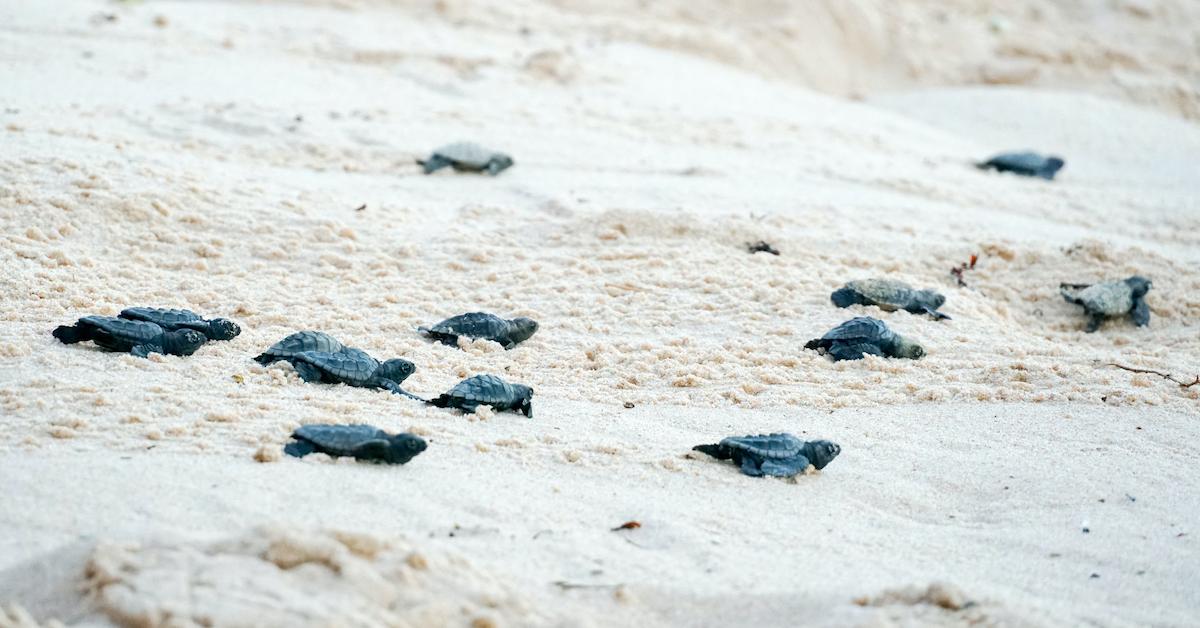
In Mexico, Vulnerable Sea Turtles Are Nesting at Record-Breaking Rate
Coronavirus beach closures have caused a record-breaking number of endangered sea turtles to nest on a Mexican beach.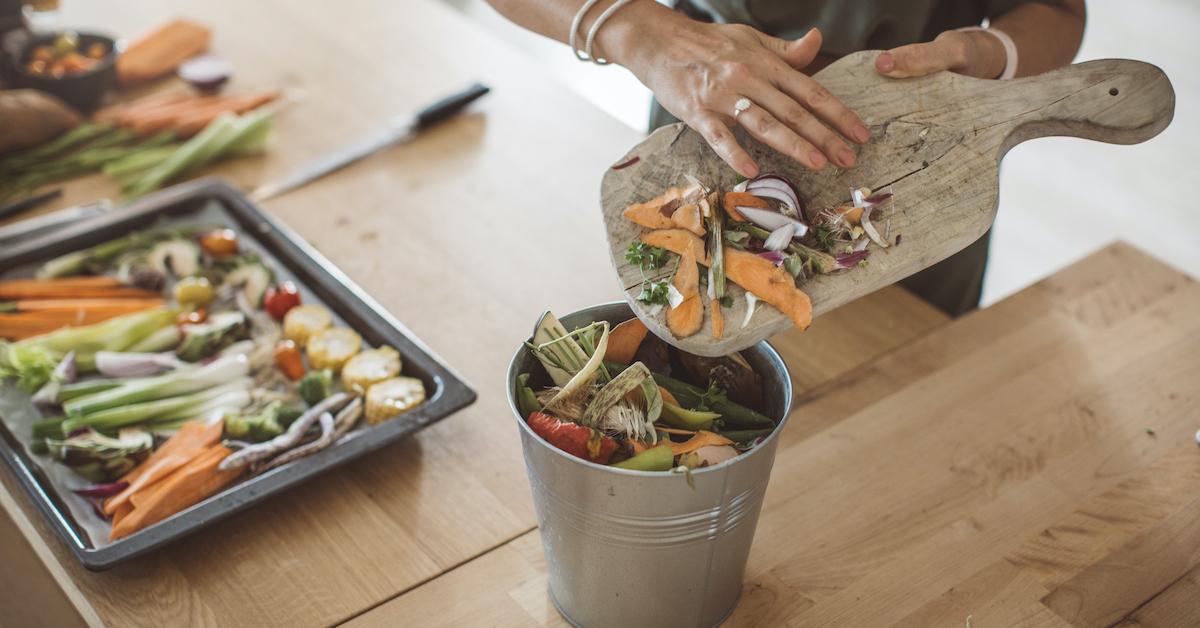
Coronavirus Pandemic Has Inspired 64 Percent of Americans to Live More Sustainably, Survey Finds
COVID-19 quarantines have inspired many Americans to pick up more eco-friendly habits, according to a new survey.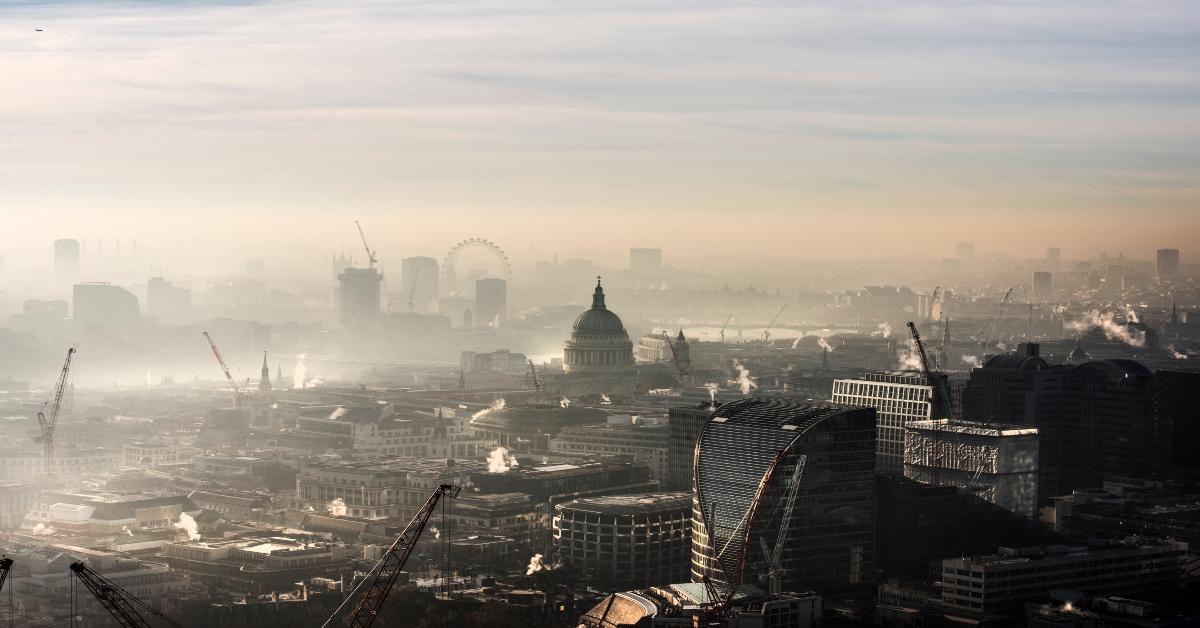
Have Coronavirus Lockdowns Really Caused Pollution Levels to Drop?
The coronavirus pandemic has had a host of social, economic, and ecological ramifications; not all of them good. But do the rumors of decreased pollution levels hold any shred of credibility?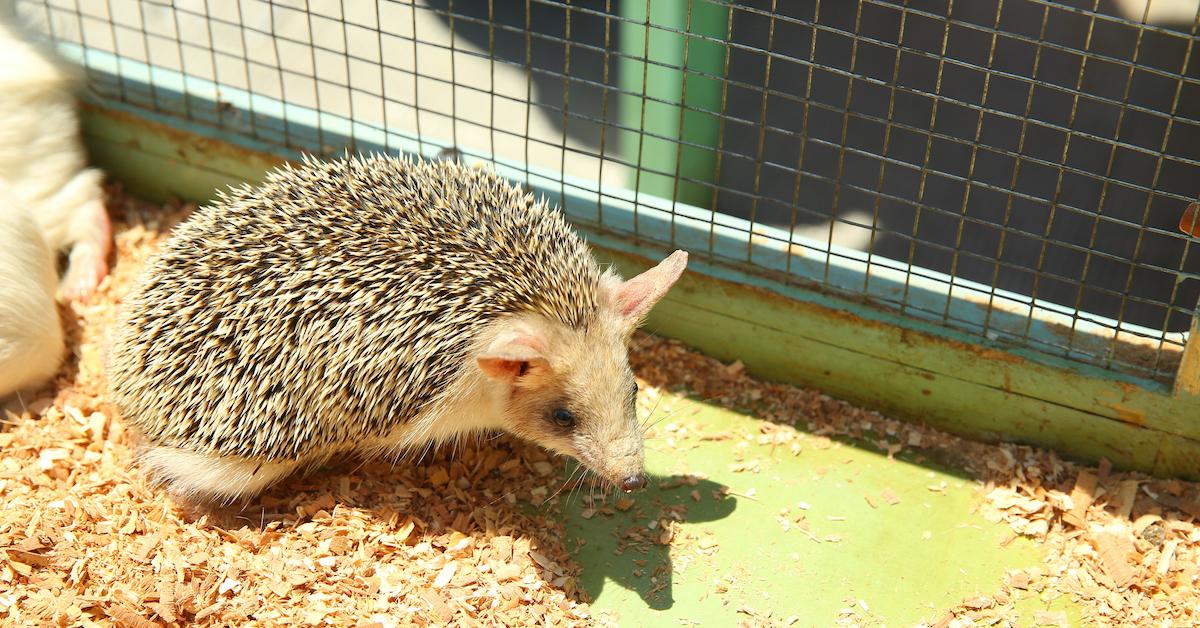
China Bans Farming and Consumption of 64 Wild Animal Species in Response to Coronavirus
China has banned the farming of wild animals including porcupines, hedgehogs, and bamboo rats.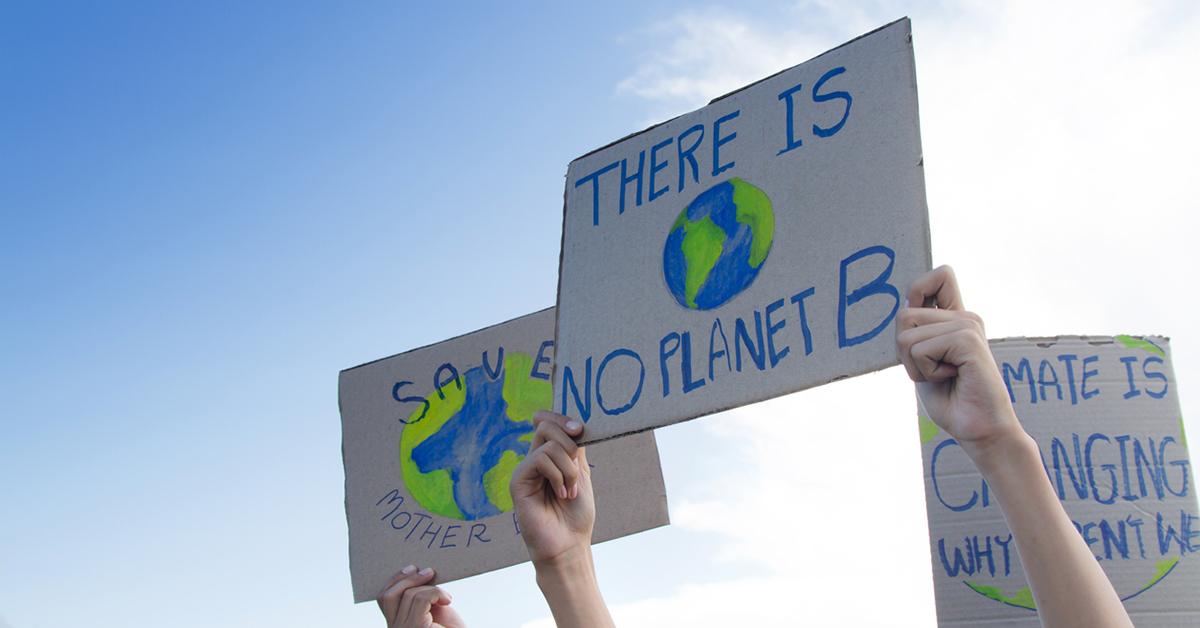
Study: Americans Believe Climate Change Is More of a Long-Term Threat Than COVID-19
More Americans see climate change as a long-term threat to our society than COVID-19 is, a new study finds.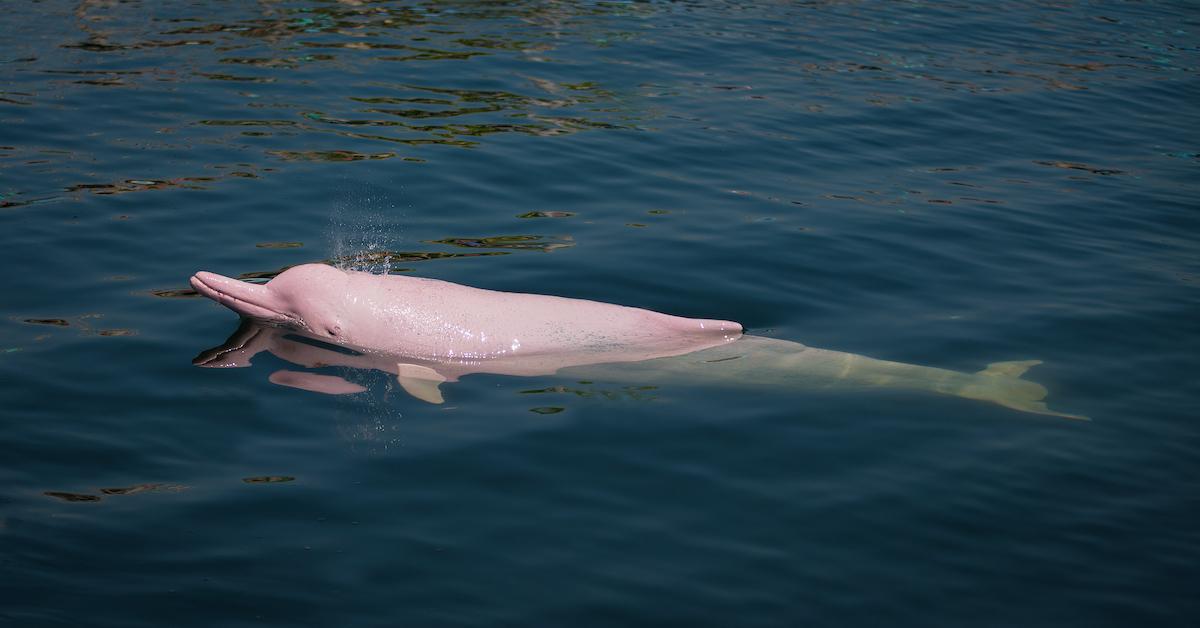
Vulnerable Pink Dolphins Flourishing in Hong Kong Following Coronavirus Ferry Closures
In Hong Kong, rare pink dolphins have been spotted flourishing in the Pearl River Delta.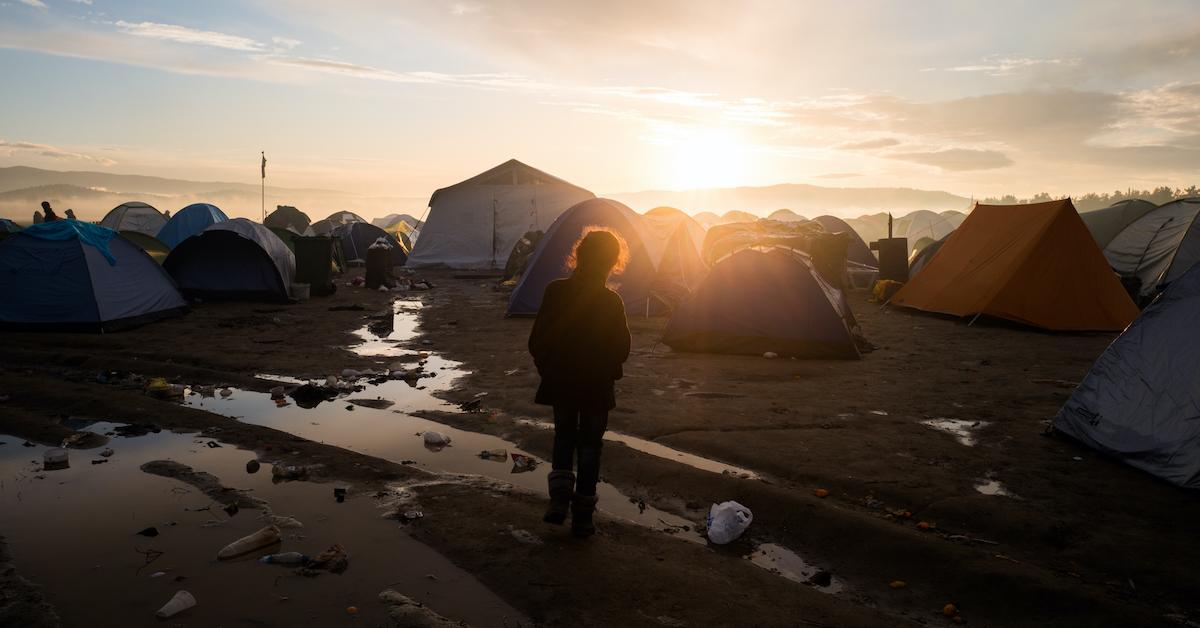
Climate Crisis Could Lead to Refugee Crisis for 1.2 Billion People by 2050 — If We Don't Take Action
The climate crisis could displace 1.2 billion people by 2050, according to a new report.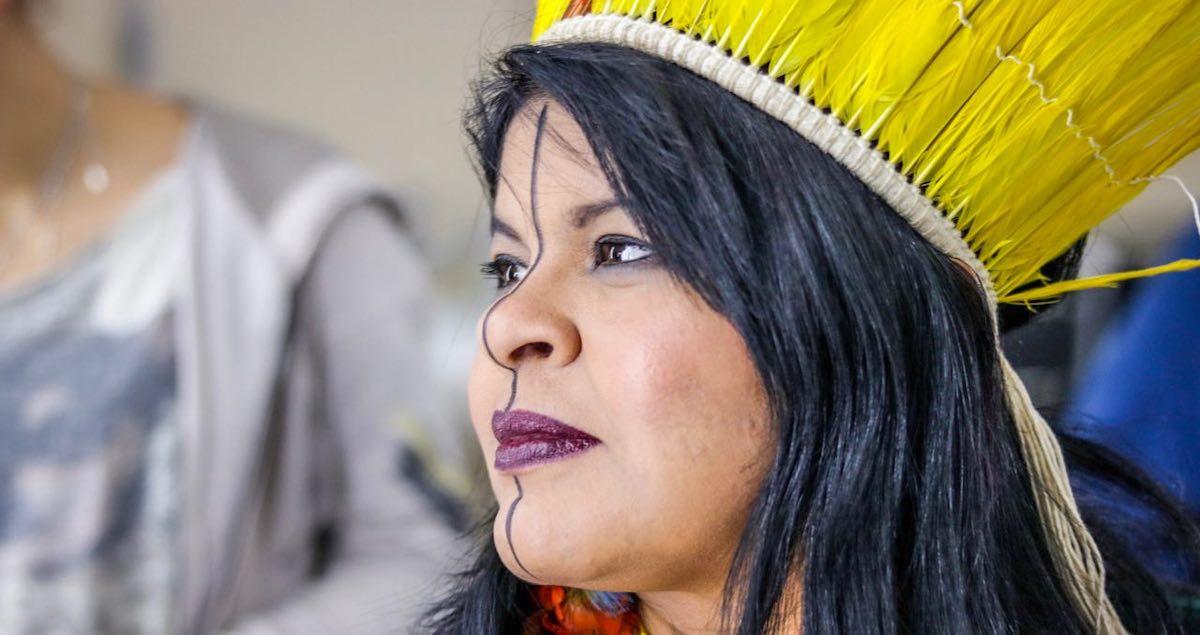
How to Protect the Amazon's Indigenous Peoples, According to Sônia Guajajara
Indigenous peoples in the Amazon are under threat by rainforest fires and the Brazilian government — Sônia Guajajara teaches us what we can do.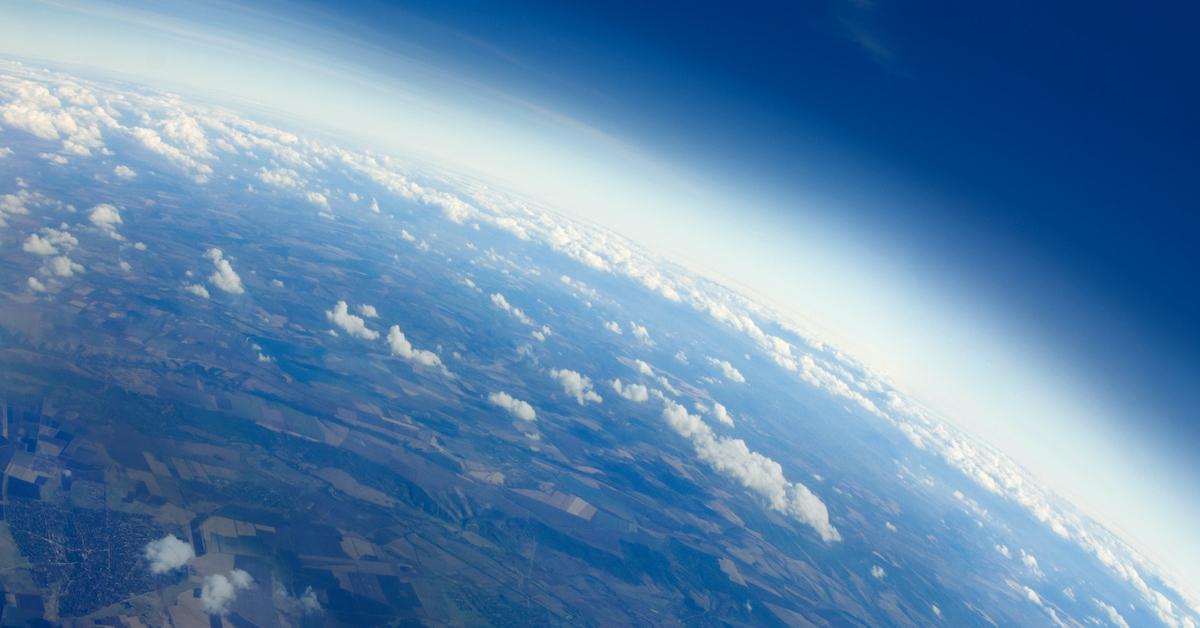
Earth Overshoot Day Is 3 Weeks Late This Year, Due to the Coronavirus
Earth Overshot Day is three weeks late this year — which would be good news, if it was late for any reason other than the coronavirus pandemic.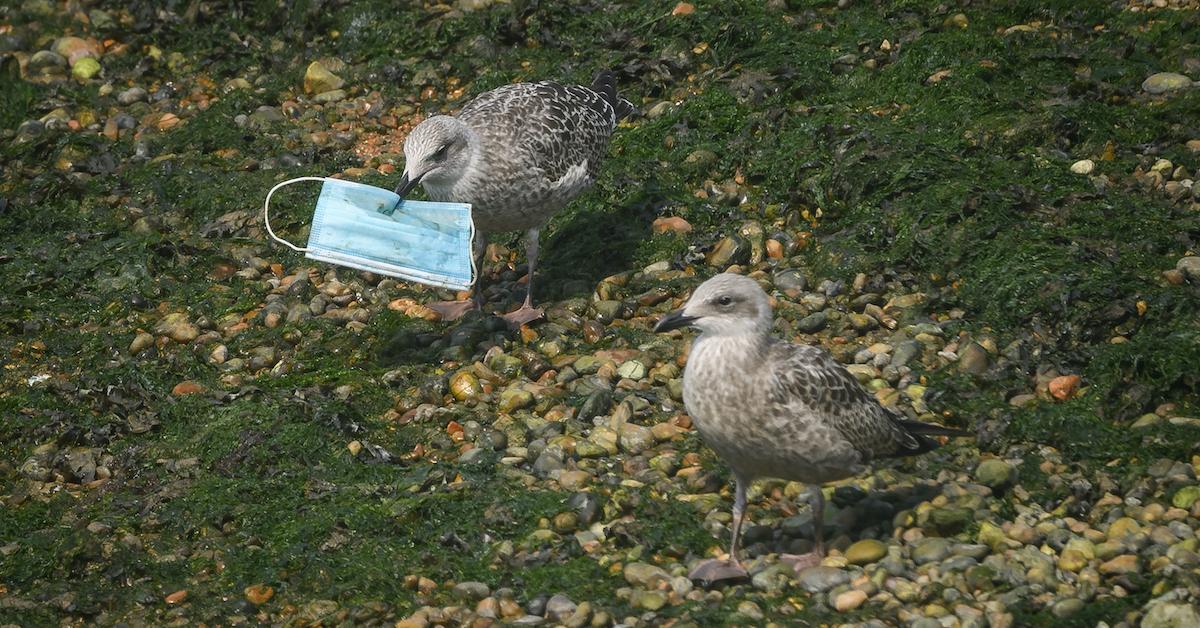
Single-Use Face Masks Are Hurting Wildlife. Here's How to Dispose of Masks Safely
Face masks are hurting wildlife — if you need to wear a single-use mask, here's how to throw it away safely.
How the Coronavirus Has Impacted the Environment
How has the Coronavirus Impacted the Environment and how Long will These Effects Last?
These Face Masks Made from Abaca Leaf Fibers Could Replace Synthetic Surgical Masks
The Philippines has developed abaca leaf fiber masks that have the potential to be medical grade and biodegradable.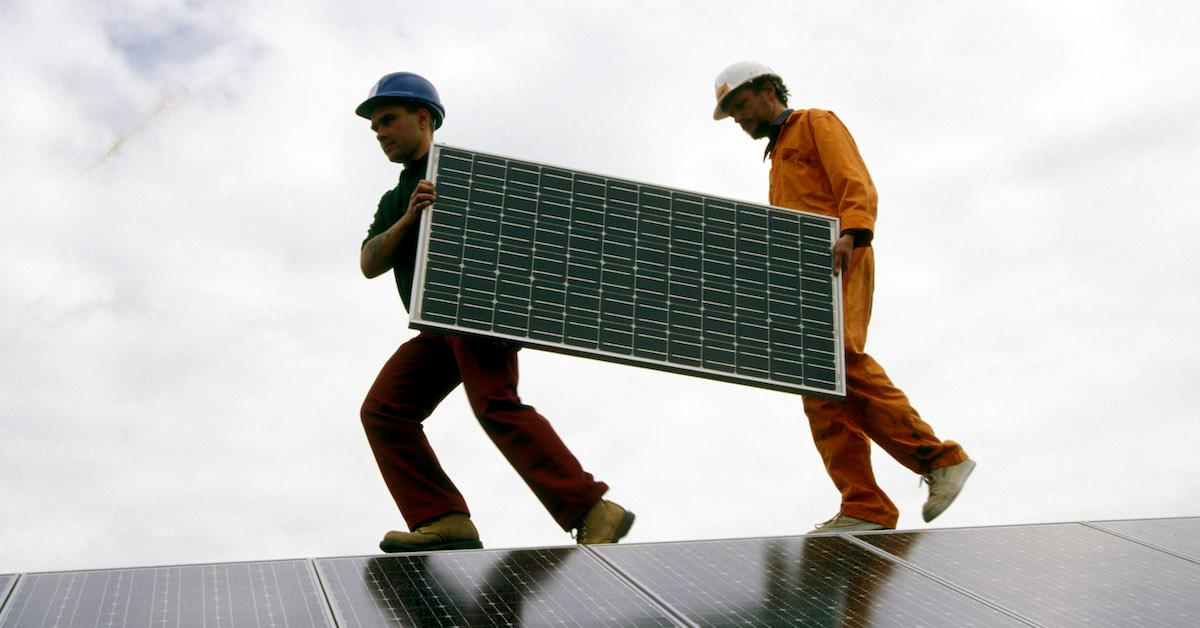
Croatia’s New Solar Roof Project Could Create 8,000 Jobs and Support a Green COVID-19 Recovery
Croatia is awarding a solar roof project money to help rebuild the economy, create jobs, and support renewable energy.
Researchers Figured Out How to Recycle Coronavirus PPE Into Liquid Biofuel
PPE like gloves and masks is being used by the billions every month due to the coronavirus, and these researchers believe we can recycle it into biofuel.
How to Turn Baby Wipes Into Sanitizing Wipes
Learn how you can make your own sanitizing wipes from conventional baby wipes!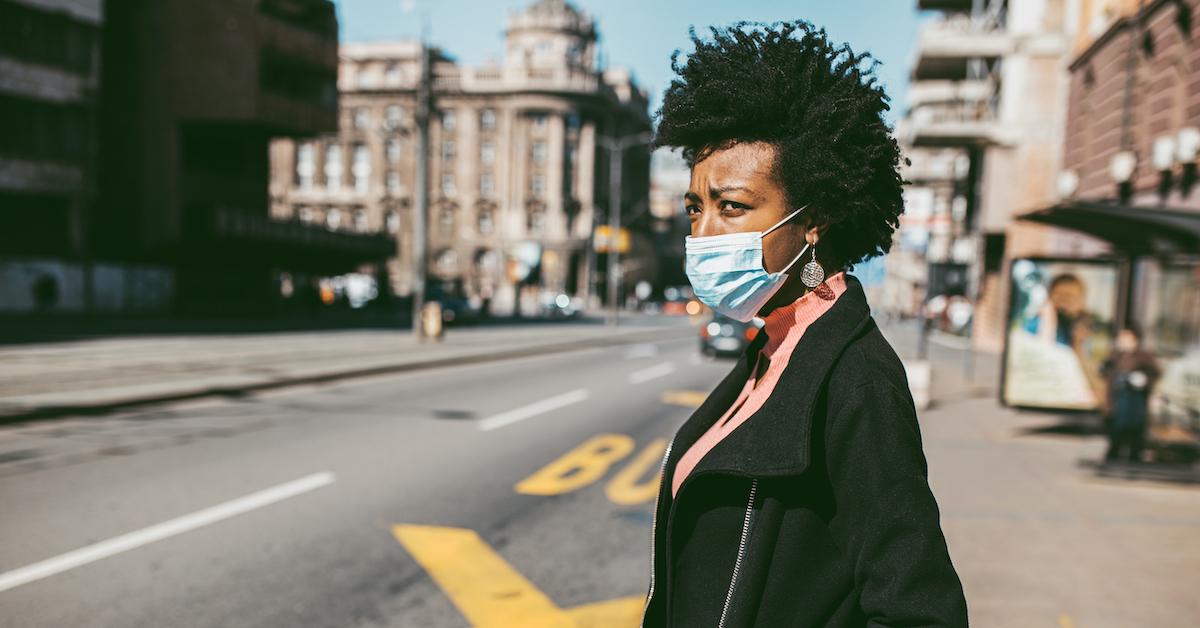
This Is Why COVID-19 Is Disproportionately Hurting People of Color
COVID-19 is having a worse impact on racial minorities due to air pollution and other factors related to environmental racism.
How to Make Your Own DIY Lysol
Learn how you can make your own disinfect now that Lysol is a hot commodity.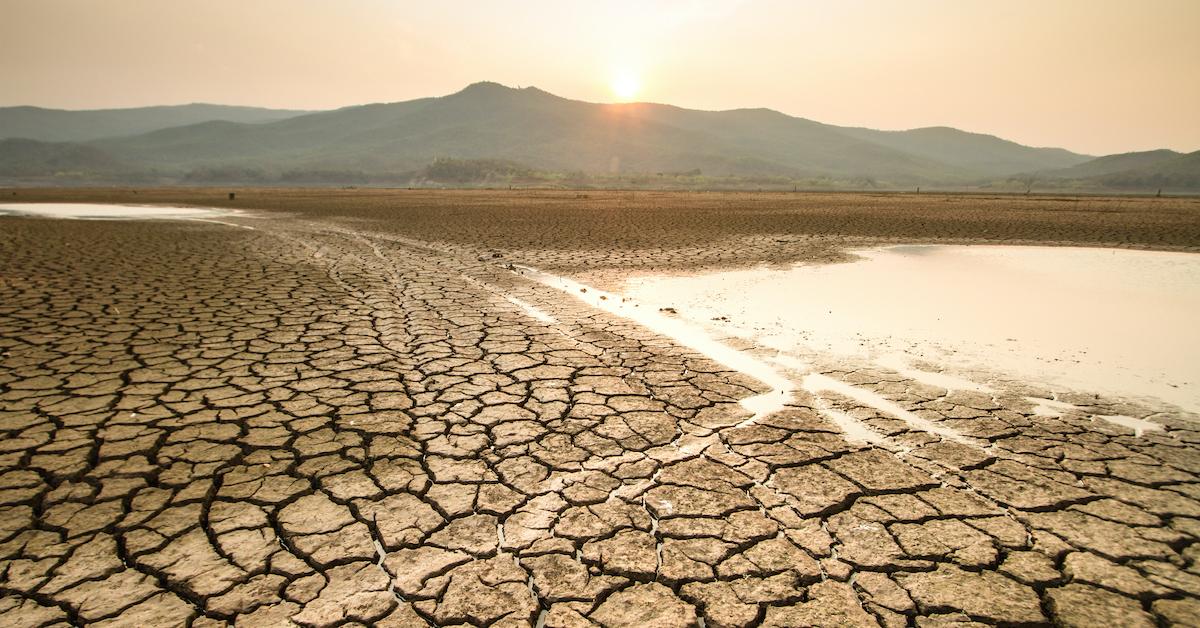
Climate Scientists Predict How Global Temperature Will Rise Over Next Five Years
A new report predicts how the global temperature will rise over the next five years.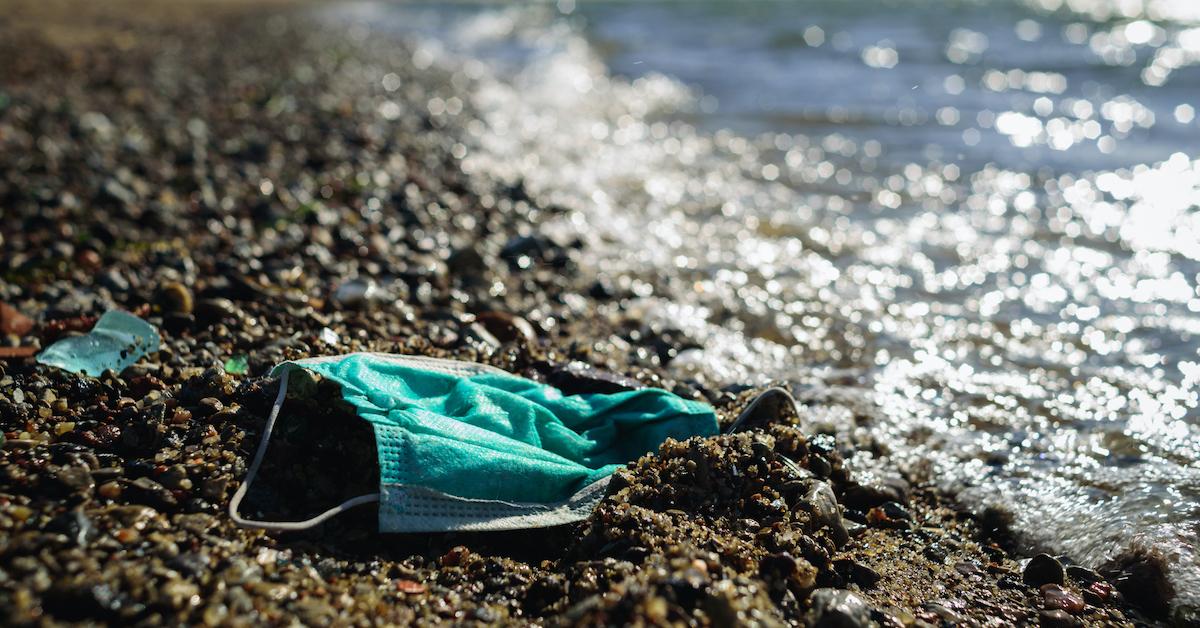
Every Month, 200 Billion Face Masks and Gloves Are Going Into the Environment
Face masks and gloves are going into the environment by the billions.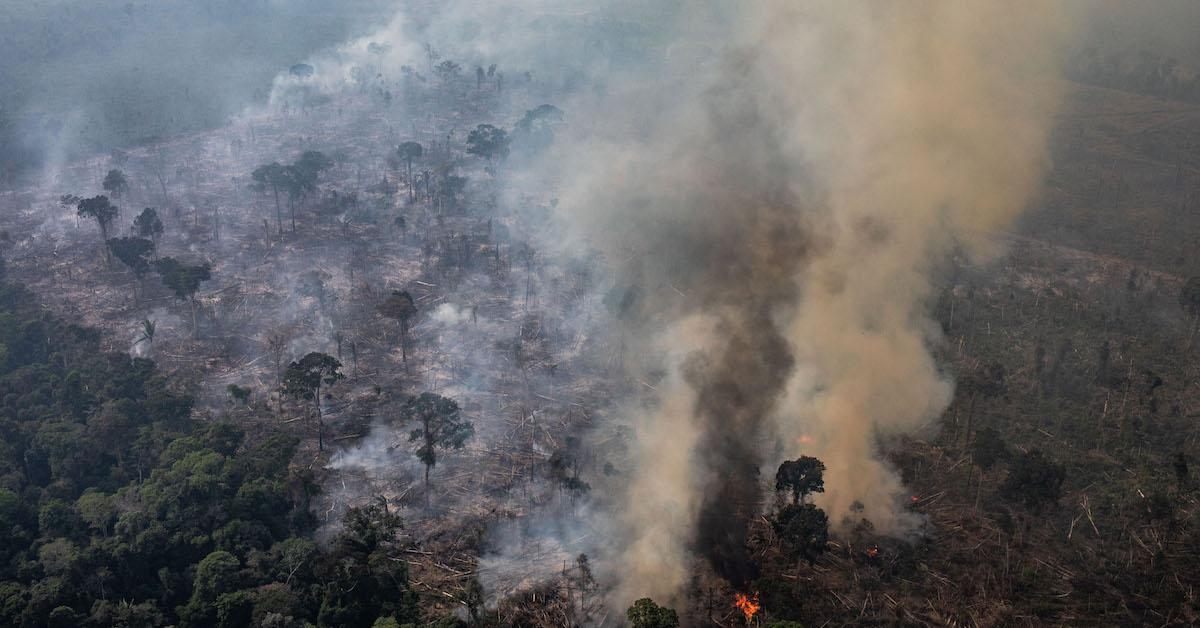
Amazon Rainforest Fires on Course to Repeat Last Year's
Fires in the Amazon rainforest are on track to reach a peak this August as high as last year's.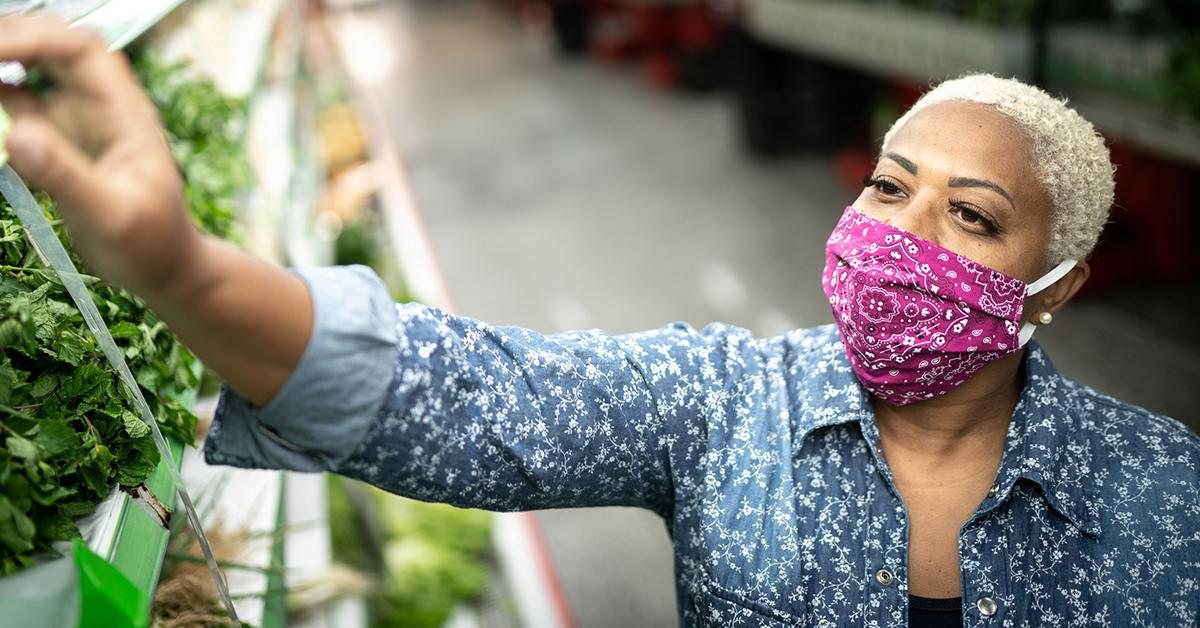
How Often to Wash Your Face Masks (and How to Wash Them Properly)
Learn how to properly wash your face mask (and often to do it)!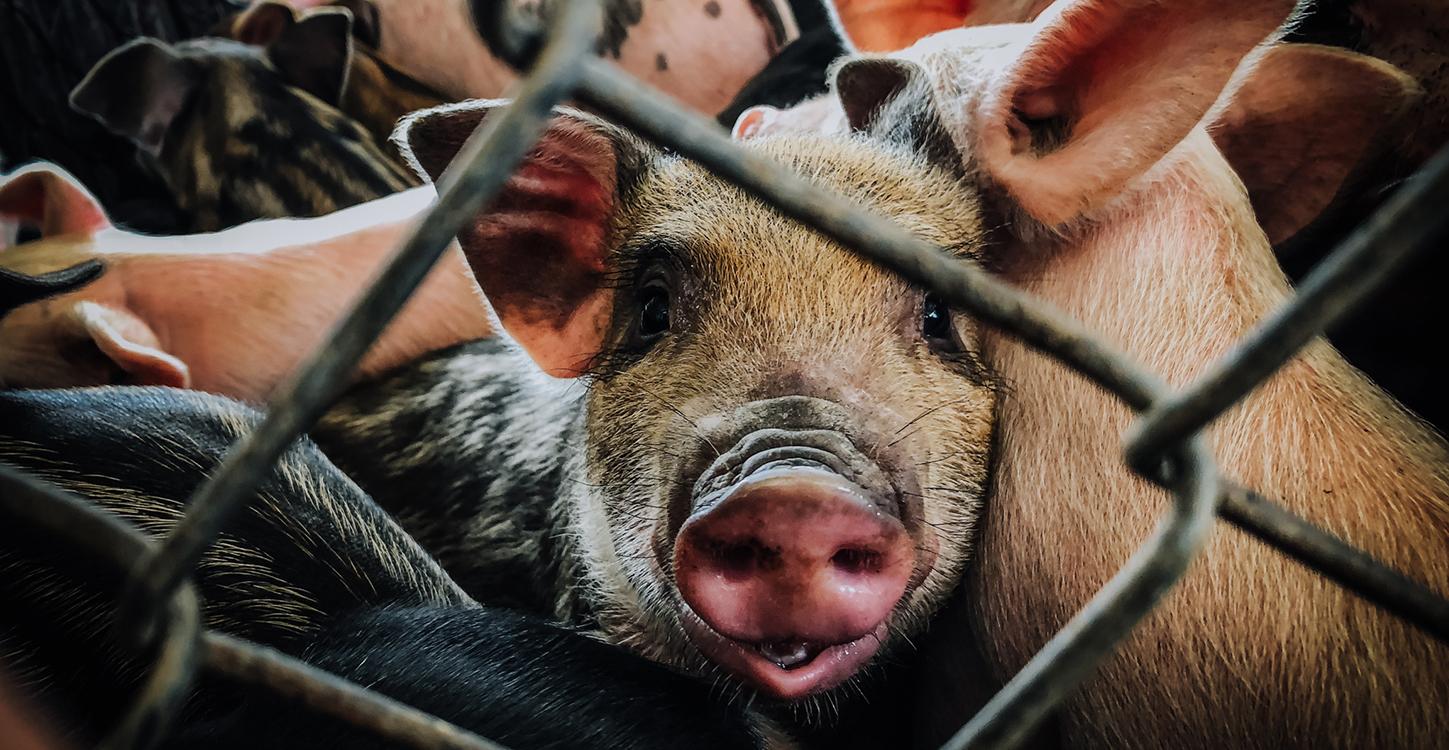
New Strain of Swine Flu Presents “Next Potential Pandemic” — Here's How We Can Prevent It
A new H1N1 swine flu discovered in China could cause the next pandemic if we don't take action.
Guinness Is Collecting Excess Kegs and Sending Them to Christmas Tree Farms as Fertilizer
When the pandemic began, Guinness offered to collect unused kegs from bars and pubs in the U.K., to reuse the beer as Christmas tree fertilizer.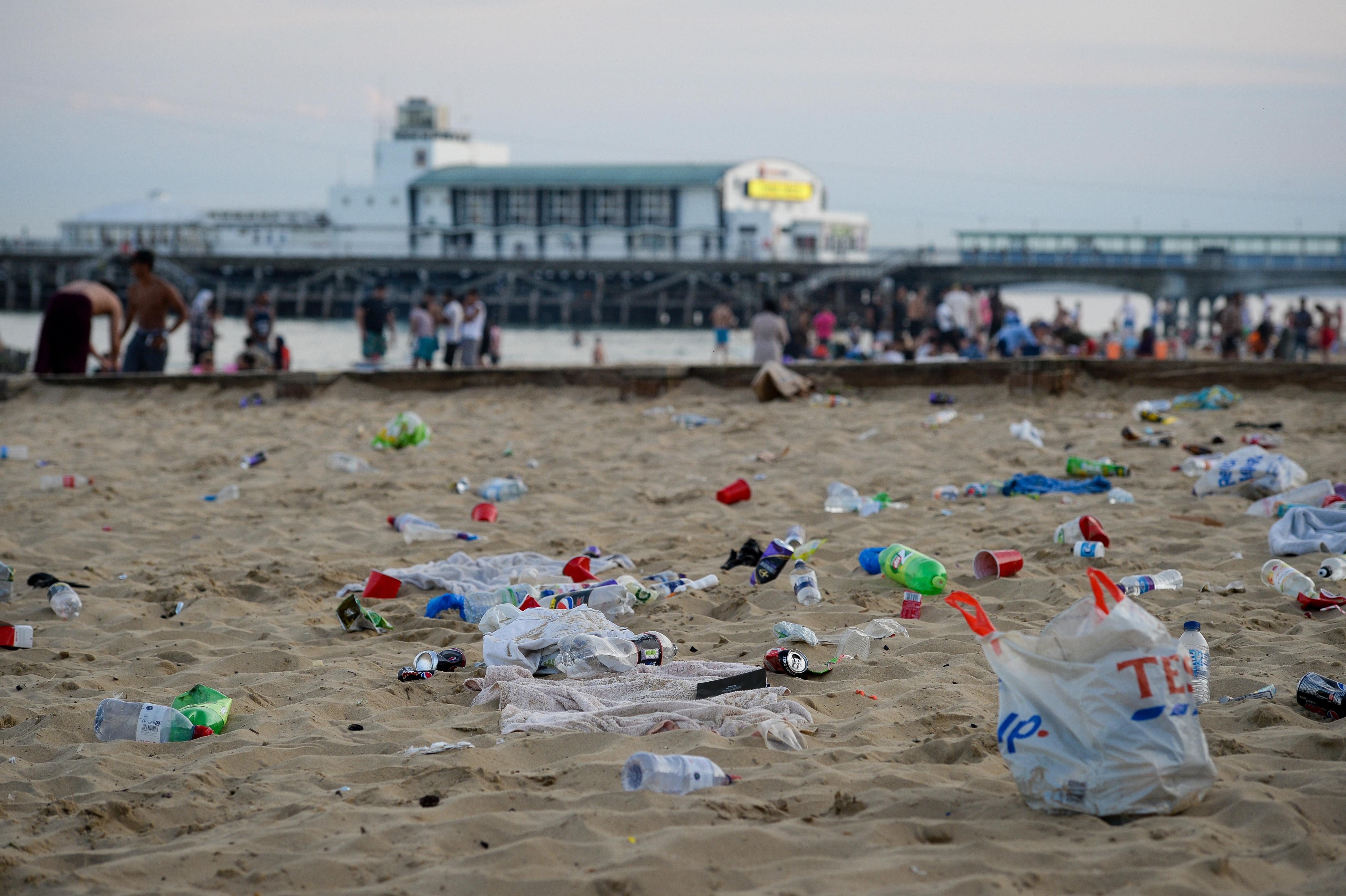
A Day at a U.K. Beach Led to 40 Tons of Trash Being Left Behind
The local council declared the day a “major incident” due to many aspects, including the 41 metric tons of waste that were left behind.
Reusables Are Perfectly Safe During COVID-19, Health Experts Rule
Reusable totes, cups, containers and more are perfectly safe to use during the coronavirus pandemic.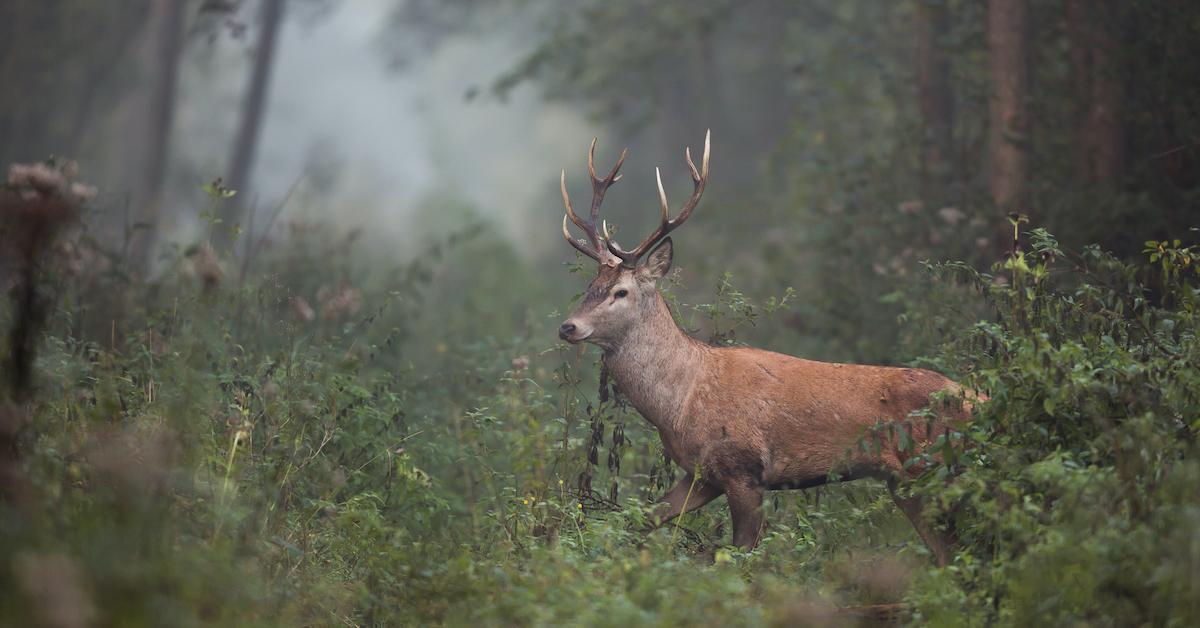
How to Support Biodiversity in Honor of World Environment Day
World Environment Day falls on Friday, June 5, and the theme is biodiversity — here's how to support local biodiversity.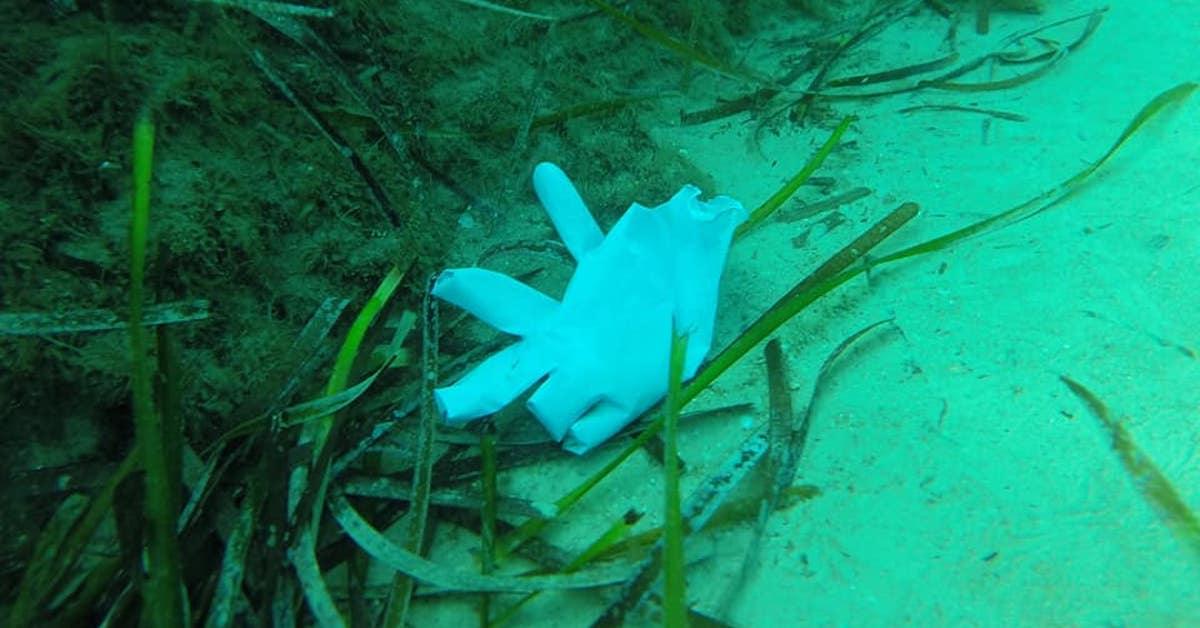
Gloves and Masks Are Already Polluting the Mediterranean Sea — Watch a Diver Clean Up COVID-19's Mess
COVID-19 era PPE has already made its way into the ocean — specifically, the Mediterranean Sea.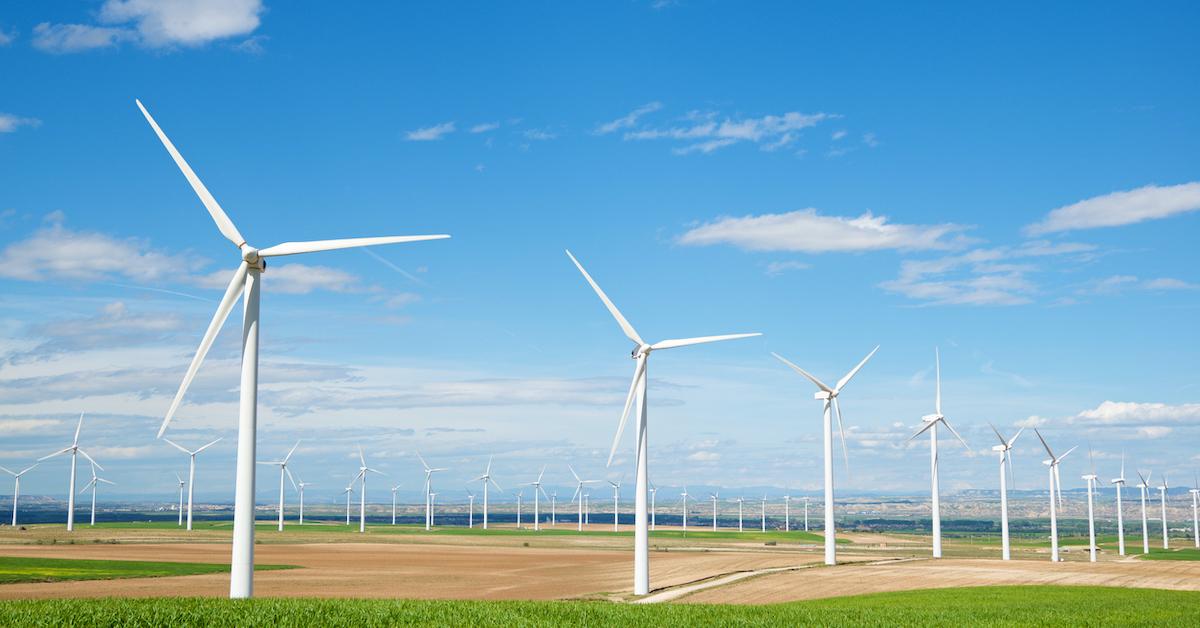
Major World Health Leaders Created a Green Recovery Plan to Prevent Future Pandemics
As the coronavirus pandemic is exasperated by our declining environmental situation, several world health leaders have created a green recovery plan.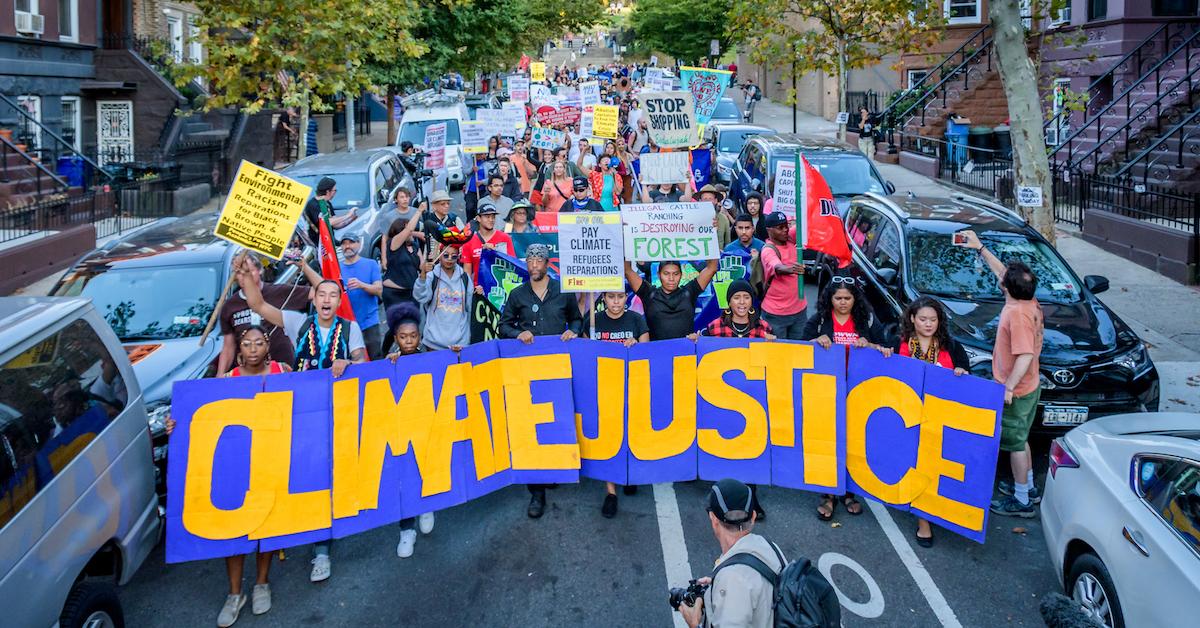
Seven in 10 People Think the Climate Crisis Is as Concerning as COVID-19, Poll Finds
71 percent of people surveyed think the climate crisis is as serious a crisis as COVID-19.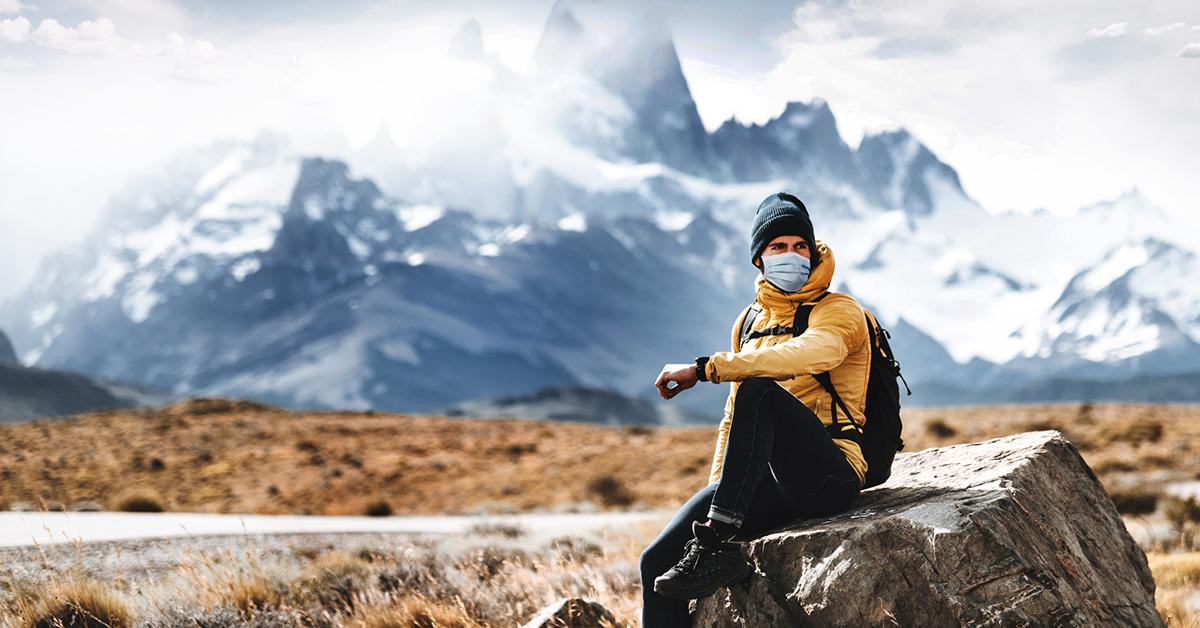
COVID-19 Changed the World — And Our Planet
COVID-19 has changed our planet, like everything else in our world.